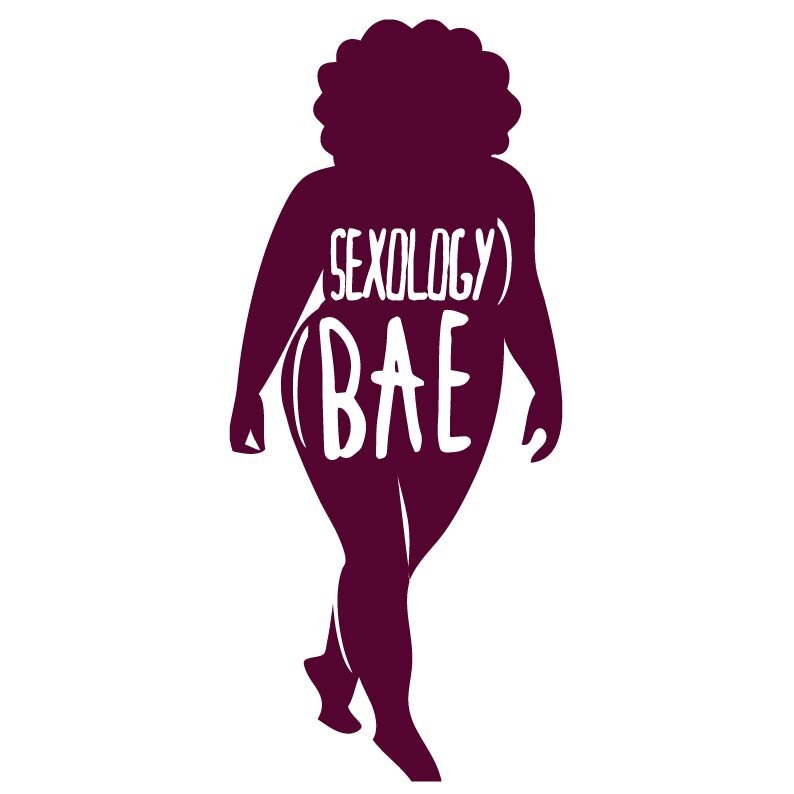Long time, no see eh? I’ve missed y’all. Grad school was one of the hardest experiences of my life, and these last two semesters put me through it, to put it lightly, but that’s over and done with now. I’m going to take this summer to re-configure my relationship to sex ed work in general, but this feels like a good way to get my feet wet again. This Pride Month in particular has been a lot, so I’m glad I waited until the end of the month to post this.
The last time I wrote about Pride Month was back in 2018, when I was a baby bi and still monogamous. I didn’t realize it at the time, but I was still very much invested in the biphobic idea of being validated as a bi person in a heterosexual-appearing relationship. This need for validation obscured my perspective and made me feel that I didn’t really have a place in the community. I didn’t realize it at the time, but I had internalized a lot of rejection from the queer community at my undergrad university, most of whom were lesbians and who, for varying reasons, don’t give the time of day to bi women.
As an aside, I don’t know where I’ve landed in the whole “it’s biphobic to not date bi women that date men” conversation, but I do think it’s more nuanced than we want to acknowledge. It might be biphobic, but I also think it’s okay for someone who wants nothing to do with men to refuse to date people that still prioritize them as romantic partners. As I get older I’m just less invested in making people interrogate potentially problematic lines of thought. Unless I’m directly in community with you I’m not gonna spend my time debating this point.
Back to the topic at hand, I felt that I had to be out AND dating a non-man in order for people to let me claim the title of bisexual, but I don’t have to “let” anybody to a damn thing. Identity is weird like that; some of them, like race, are generally inflexible and if I say I’m something no one is going to see me as anything else (Rachel Dolezals of the world notwithstanding). But because sexuality is a spectrum it’s harder for people to understand that it’s more transient and can change between weeks or months let alone years. I don’t believe in the concept of coming out as much anymore either, which definitely shapes this new perspective.
Chalk it up to age and experience, but I care less about who does or doesn’t think my identity is valid. In the past few years, I’ve learned so much about compulsory heterosexuality and higher violence rates experienced by bi people, things that are missed when we spend days on Twitter arguing about the validity of a bi person who primarily dates people of one gender or another. So somebody thinks I’m not a real bisexual because my primary partner is a man…….okay? That has nothing to do with me. I remember going on a date with a woman a few months ago and wondering if I looked queer enough. That thought in particular makes me laugh because most days I look at myself and wonder how anyone thinks I’m straight. Perspective is key and validity is a scam.
I don’t necessarily feel more bisexual than I did in 2018 now that I’ve dated people who aren’t men. They were relationships just like any other, and I don’t think gender dynamics were as big of a deal in those relationships as I thought they would be. It’s funny because I always thought that dating a person who wasn’t a man would unlock some new level of gayness for me, but it didn’t. It was regular relationship stuff, just with another pair of titties and commiserating about period cramps.
Relationships are hard work regardless of gender, and people are capable of doing you dirty regardless of gender too. I’m less focused on labeling and describing every small facet of my identity and just making sure that I’m living in alignment with my goals, values, and priorities. I don’t know what my pride post in 2025 will look like (or if I’ll even be blogging then), but I hope whatever version of myself writes it is living their truth.


